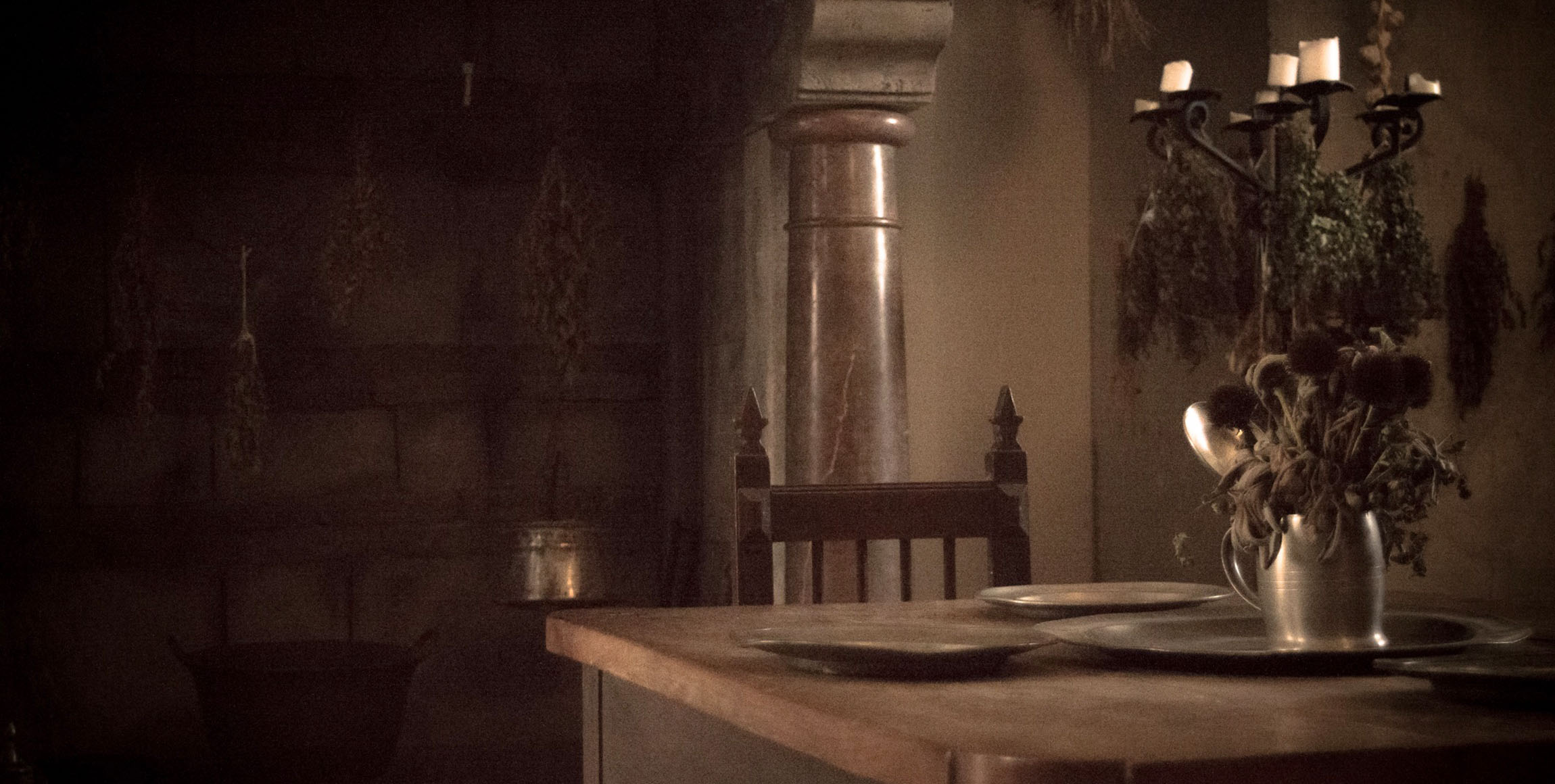Since 2015, we have organised events blending food and entertainment, promoting quality food and theatre culture.
Curzio Maltese, editor of “Il teatro e il mondo” (magazine for Fondazione Toscana Spettacolo Onlus: Tuscany is the top Italian region for theatre productions), states that, regardless of Mib act's pros and cons, culture industry lacks of venues and audiences, and we should bring the people to theatre or theatre to the people, moving beyond the traditional venues and explore new territories and less conventional locations.
And if you link culture to food appeal, it really is that easy.
A project theme dinner develops a characteristic approach to food, the cultural one, the union between culture and food, which can easily be replicated and exported.
Theme dinners: food and culture, food culture
Our experience at Centro Culturale Creative Center 2012-2015, running a live music restaurant and a theatre, has highlighted the evolution/enjoyment of cultural production together with food culture, which allows conveying social and cultural content while promoting conviviality and the relevance of local products and healthy food standards.
Since 2015 we have organised, in cooperation with local theatre productions, a series of events blending eating and having fun which have shown how attractive and sustainable such activities can be:
- Historical theme dinners such as medieval theme, literary, period dishes, etc;
- Sensory dinners, blind dinners;
- Local products tasting combined with book presentations attended by authors coming from the same area as the food products themselves;
- Dinners with murder and murder parties: soirées with role play and theme dinners;
- Art dinners (for ex. a futurist dinner with music, poetry and period dishes of the avant-garde);
- Theatre shows with tasting: “ In vino Veritas”, “Dinner for Schmucks”, “Lo spirito giusto”, etc. in collaboration with Bel Teatro;
- Pizza & Jazz Review in cooperation with Padua and Rovigo Music Conservatories;
- Outreach soirées on food education (Alimenta, Dire Fare Gustare…);
- “The Taste of Italian Cinema”, and “The Taste of International Cinema”: Film Club and dinner with dishes based on the movies being shown;
- Several fund-raisers: for the earthquake in Emilia, the orphanage in Chinnay. India, for Amnesty International, for Emergency, for Sea Shepherd;
- Strangers on a dish: cultural events introducing to ethnic food and ethical, too;
- Feed your well Being, information evenings on food biochemistry and tasting with a star-winning Chef.
The response to all these events has shown a keen interest on conviviality and cultural stimulation, raising the awareness regarding food education, organic food and product traceability.
Food and culture: Promoting the land
We have observed a change in cultural consumption in recent years. There has been a tendency to offer cultural events and tasting in travelling locations. The so-called wine and food tourism has been quite successful, despite the slump.
When people go tasting and shopping straight from the cellar or farm, they show high interest for local healthy food, and for the promotion of a specific territory. When consumption happens in the same place as production, you get to learn about the local history and culture.
You cannot separate food from its cultural context.
“...Every cuisine reflects and defines every culture”.
Food - Culture is a pair with a long history in this area.
Our association has offered evenings of tasting with theme entertainment (for ex. a futurist dinner) with a warm response from an audience who has preferred a multi-sensory experience rather than a plain dinner or performance. Usually, people go for dinner or drinks right after a play, to also talk about what they just saw. What we organise is an opportunity to socialise, by attracting people who wouldn't probably go to theatre, but would accept an invitation to, say, a historical theme dinner; that's how we can elicit a greater involvement and more culture-food-land integration.
Food and culture: Bible theme dinner
This type of dinner, for example, is designed as an original performance, site specific, expressly for the scheduled event and regional location.
With the help of expert scholars and chefs, we have recreated Abraham's meals to be enjoyed under the guidance of actors and musicians.
A full immersion show marked by a succession of dishes and acting and dance performances from the Jewish tradition, also playing early music, videos, lectures on history and funny bits (like Moni Ovadia's “The bill for Last Supper”), to ultimately provide with a unique experience, informative yet entertaining.
The Bible theme dinner becomes an opportunity to promote and value food culture as long as early culture and its roots, in an unconventional way yet affecting, captivating, easy to reproduce and export and, above all, "palatable" even for the less theatre-inclined.



